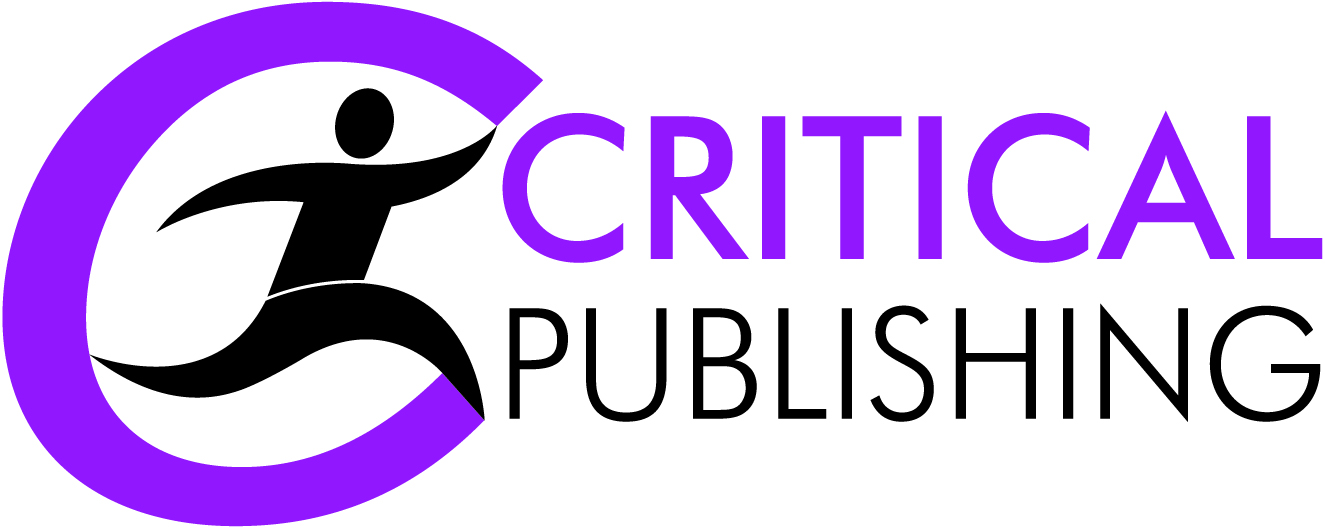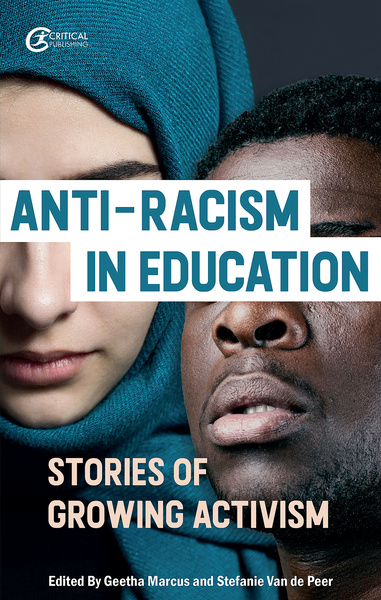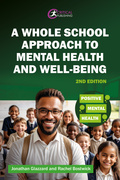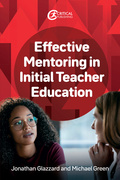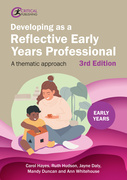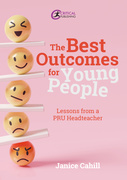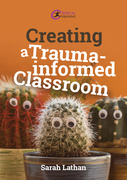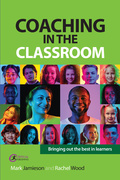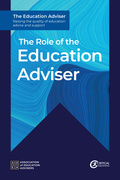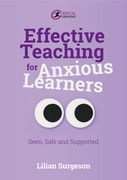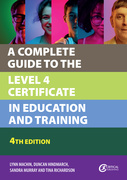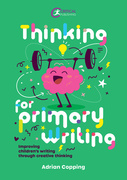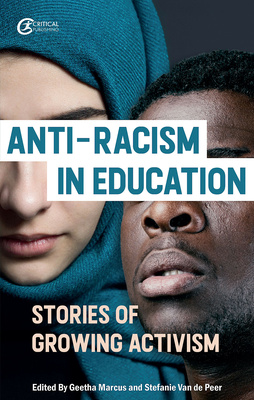
Recommend this title Review this book
Tags: Education, Higher Education, Teacher Educators
Discounts are available for bulk orders. More details
Anti-racism in Education
Stories of Growing Activism
AUTHOR : Edited by Geetha Marcus and Stefanie Van de Peer
ISBN : 9781915713001
Edition No : 1
Publication : May 26, 2023
Extent : 248 pgs
ISBN : 9781915713018
Edition No : 1
Publication : May 26, 2023
Extent : 248 pgs
ISBN : 9781915713025
Edition No : 1
Publication : May 26, 2023
Extent : 248 pgs
Description
A powerful book comprising stories of anti-racist action by higher education scholars including researchers and teachers at various stages of their careers. Aimed at and relevant for anyone in education, it encourages reflection on the tolerance of racist structures and strategies to help enact positive change.
An edited volume, each chapter discusses the author's experiences of racism, including how they became part of anti-racist teaching activism through a growing understanding of the impact of racism in education. Common themes are highlighted throughout so readers can engage with relevant ideas and issues to draw inspiration for their own anti-racist action.
The book draws attention to the idea that while discussion is welcome, it should be a pre-cursor to focused action. It shows exactly how university lecturers, teachers and anyone involved in education can contribute in a meaningful way to the change that is needed. To promote critical thinking, each chapter includes challenging questions and suggested additional readings/resources.
Contents
Meet the editors and contributors
Foreword, by Khadija Mohammed
Introduction: Silence is not an option, by Geetha Marcus and Stefanie Van de Peer
Chapter 1: And still I rise, by Geetha Marcus
Chapter 2: Whose knowledge counts in Early Childhood Education and Care, by Caralyn Blaisdell
Chapter 3: Changing worldviews through study visits, by Simon Hoult
Chapter 4: Using critical dialogue to address racism, humanise the 'other' and create solidarity and praxis in the classroom, by Emma Wood
Chapter 5: Decolonisation as public sociology practice, by Eurig Scandrett
Chapter 6: The Scottish Centre for Social Justice, by Marion Ellison
Chapter 7: Challenging dominant narratives about the global south to address implicit bias and othering, by Walid Salhab, Sandra Ndale and Emma Wood
Chapter 8: Film festivals and film studies: an anti-racist approach to curation and education, by Stefanie Van de Peer
Chapter 9: Creative strategies for unknowing: taking risks to encourage equitable relationships in the classroom, by Anthony Schrag
Chapter 10: White is the colour of my name: anti-racism in theatre and performance praxis, by Bianca Mastrominico
Chapter 11: Mad studies and anti-racism, by Anne O’Donnell
Chapter 12: Imagining defragmented university spaces, by Arek Dakessian; Anthony Ataekong; Olutayo Burrows; Misbah Haqani; MD Rezaur Rahman and Georgina Pearson
Chapter 13: Critical conversations on decolonising the physiotherapy curriculum, by Kavi C Jagadamma, Judith Lane and Jane Culpan
Chapter 14: Walking the talk: stepping into difficult conversations in occupational therapy education, by Michelle L Elliot and Zaynab Akhtar
Conclusion: Learning to Love, by Geetha Marcus and Stefanie Van de Peer
Index
Author
Geetha Marcus is a senior lecturer in teacher education at The University of Edinburgh. She is a sociologist, feminist, and teacher activist whose research and teaching interests focus on social inequalities within public education systems. She has extensive professional experience in the field of primary education, both in classroom practice and in senior management. As a practitioner-researcher she believes there is an urgent need for teachers to employ education methods for justice-oriented social change.
Stefanie Van de Peer is an academic whose area of expertise is women in documentary and world cinema. She is a film historian interested in non-mainstream filmmaking such as activist non-fiction and animation. Central questions in her research focus on power structures, identity formation and emancipation. She has professional experience with several international film festivals as coordinator, programmer, curator, and board member.
Publication Overview
Availability:
Your Reviews on this book
"This timely book encourages readers to consider their own positionality and ‘narrative’ in relation to anti-racist thinking and learning...a dynamic team of contributors from a wide variety of academic and professional fields... gives a vibrant multi-dimensional lens through which to view the contents of the book. The collected material is both engaging and pertinent and has a specific focus on how to understand and facilitate effective race equity and anti-racist pedagogy...This book supports the reader in gaining insight and a new of way of seeing the world. It interrogates what can be done to address injustice and the systemic causes of racial inequity, thus ensuring a collective responsibility for change within the sector."
“This book is dripping with hope wrung from struggle, Every chapter and every page tells a white story, a black story and then a story, more universal despite all the critical diversity, of change. Even when the odds are stacked. Even when no one is with you. Even when you alone, and black and exposed in the appalling loneliness of leadership each of these scholars of sociology show that there is change if you stay with the trouble and the troubling of self, structure, system and story...
...There is no recipe or gantt chart; no log frame or linear programme that can be deduced from each story in this book. Instead, in a turn from sociology and social science to the beating heart of the humanities there is a conclusion in love, in care, compassion and connection. And it is this that speaks to the authenticity and fluidity of this fraught moment in history and in sociology. The fact that a combination of love and scholarship – not either or but both add – bring us, again, to that earlier decolonial and hopeful moment of the legacy of Paulo Freire: “No matter where the oppressed are found, the act of love is commitment to their cause--the cause of liberation” (Pedagogy of the Oppressed). I commend this book to all students of sociology and as a vision of the storying of futures of care, compassion and connection fiercely grounded in rigour, public telling and intellectual thought”
